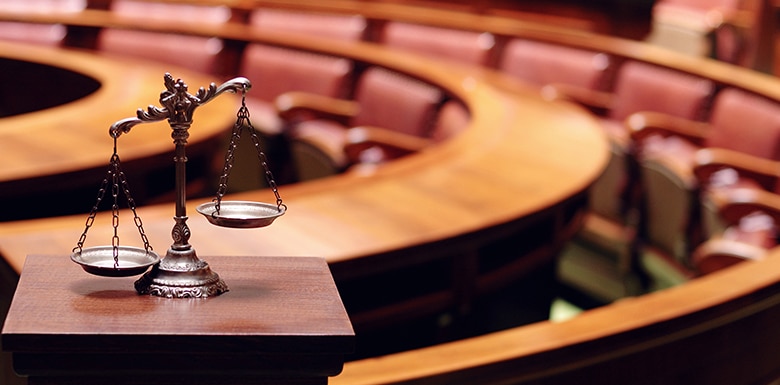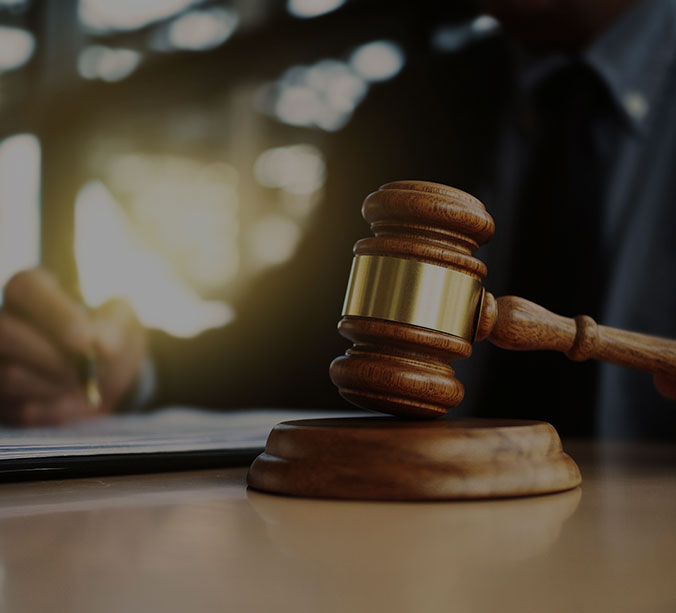
A subpoena is a court order compelling you to testify in a grand jury investigation. Grand jury investigations can happen at the state or federal level, but in either case, grand juries look into matters that could result in criminal charges. If you’ve been issued a grand jury subpoena, the state’s attorney general, a district attorney, or federal prosecutor may believe you’re a witness or involved in a crime. So no matter your particular situation, this is not something to take lightly.
If you’re served a grand jury subpoena in or around Philadelphia, call Fienman Defense at (215) 839-9529.
You have a right to have an attorney before and during the proceedings. Before your testimony, your lawyer will learn all they can about the investigation. In some cases, they may be able to have the subpoena thrown or arrange for immunity when you testify. If that’s not likely, they will prepare you to testify and protect your rights.
What Does a Grand Jury Do?
The Attorney General’s Office, district attorneys, and U.S. federal prosecutors use grand jury investigations to look into potential crimes. Possible investigations come from various sources, including district attorneys’ offices, state and local police, and federal enforcement agencies. They review the cases, and if one’s accepted, it will be passed to the grand jury’s supervising judge, who can accept or reject it.
If it’s accepted, investigators will gather evidence to build a case.
Subpoenas can be issued to potential witnesses and the investigation’s target(s). They are called to testify before the grand jury. The process allows law enforcement to force people to testify and produce documents. All evidence is given in secret before a panel of at least 15 members of the public.
Members vote on whether there’s enough evidence to recommend criminal charges. If a majority thinks so, a presentment is created. It stays sealed until the charges are filed before a district justice or in county court. It’s just a recommendation because the attorney general or district attorney makes the final decision to charge someone or not.
Do I Have To Testify if I Get a Subpoena?
If you have a legitimate basis for not complying, your lawyer may try to dismiss, or quash, the subpoena, so you need not appear and testify. There may be a hearing on technical or legal grounds that could defeat the subpoena. They can include:
- The documents are protected because they’re privileged or confidential under the law
- The subpoena is vague
- Your testimony would violate a privilege against testifying – like communications with your spouse, doctor, or clergy
- The appearance would cause you an undue burden
The attorney general’s office could respond to a motion to quash with a motion to compel, which argues their side. They may state the documents or communications aren’t privileged, so the judge should force you to testify or release documents.
Can I Be Forced To Say Things That Could Lead To My Arrest?
If you’re appropriately served a subpoena, you must appear. If you don’t, the judge supervising the grand jury could hold you in contempt of court if he or she finds your absence was intentional. The court could issue a bench warrant to force you to come to court. If you’re found in contempt for failing to appear, you could be sent to jail.
You may refuse to testify and assert your Fifth Amendment right not to incriminate yourself:
- If the judge finds your position isn’t legitimate, you could be held in contempt
- A district attorney could grant you immunity, so you can’t be prosecuted based on what you say. This takes away the legal basis for your refusal
This immunity is limited. You may be arrested later if there’s enough evidence found that’s not connected to your testimony. You could face perjury charges if you intentionally make false statements under oath to the grand jury. That’s why it is best to consult with an attorney anytime you are asked to testify under oath. Your attorney is the only person in that room who is looking out for your best interests.
Don’t Do It Alone: Get Help From Fienman Defense
If you received a federal or state grand jury subpoena, call Fienman Defense. Attorney Fienman is licensed to practice in the United States District Court for the Eastern District of Pennsylvania, which covers Philadelphia, Berks, Bucks, Chester, Delaware, Lancaster, Lehigh, Montgomery Northampton counties. With considerable experience in state and federal jurisdictions, attorney Fienman knows the procedures and how to address your particular circumstance.
Your subpoena may mean a district attorney or federal prosecutor thinks you’ve committed or have information about a crime. It can be hard to know what to do, but you should protect yourself. We may be able to quash the subpoena or arrange for legal immunity if you must testify.
With years of experience and a long history of protecting people in Philadelphia, let attorney Michael H. Fienman review the situation and explain your options.
Call Fienman Defense today at (215) 839-9529 for a free and confidential consultation.
View All Blogs